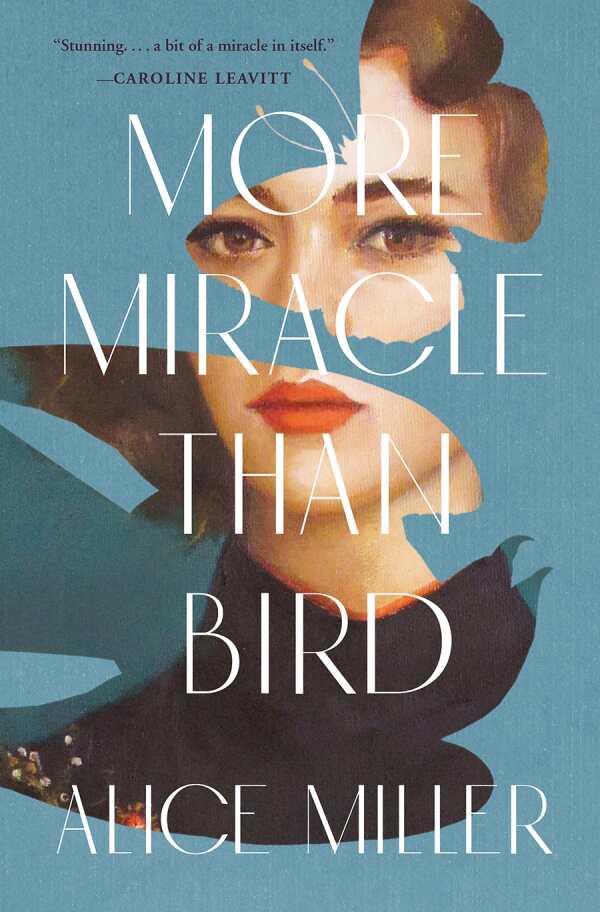More Miracle than Bird
History has little to say about Georgie Hyde-Lees, the literary maven who crossed paths with Britain’s brightest artists and eventually became the wife (and muse) of poet William Butler Yeats. Alice Miller’s diverting More Miracle than Bird fills in the blanks by imagining Georgie’s life and circumstances, and in the process documents what it means to be a headstrong, free-spirited woman finding her place during tumultuous times.
Set mainly during World War I, the novel finds Georgie caught between several social spheres and possible destinies. A stint as a volunteer nurse at a hospital ward for convalescent soldiers leads to an understated, touching near-romance with an injured lieutenant. Outside work, Georgie’s friendship with celebrity painter Dorothy Shakespear draws her into a circle of acclaimed literati, including Dorothy’s husband Ezra Pound, and sets off a see-saw romance with the much older Yeats. In an added touch of mystery, Georgie also becomes entangled with a group of occultists, some more trustworthy than others. Her cryptic communications with the dead become the unlikely bedrock of her relationship with Yeats and the inspiration for some of his greatest work, including “Byzantium” (from which the title of the book is drawn).
Miller’s light approach moves the book along at a lively pace and convincingly evokes life in early twentieth-century London. The story gains poignancy from Georgie’s star-crossed romances. She strives for fulfillment during a time in which husbands were allowed to be less than faithful, and when women were expected to sacrifice their ambitions. More Miracle than Bird packs in plenty of meditations on art, love, and the mystical, but it’s most effective as an intimate yarn about obligations and expectations. Above all, it’s a monument to Georgie’s resilience; she arrives at her own version of happiness amid hard-won realizations.
Reviewed by
Ho Lin
Disclosure: This article is not an endorsement, but a review. The publisher of this book provided free copies of the book to have their book reviewed by a professional reviewer. No fee was paid by the publisher for this review. Foreword Reviews only recommends books that we love. Foreword Magazine, Inc. is disclosing this in accordance with the Federal Trade Commission’s 16 CFR, Part 255.

